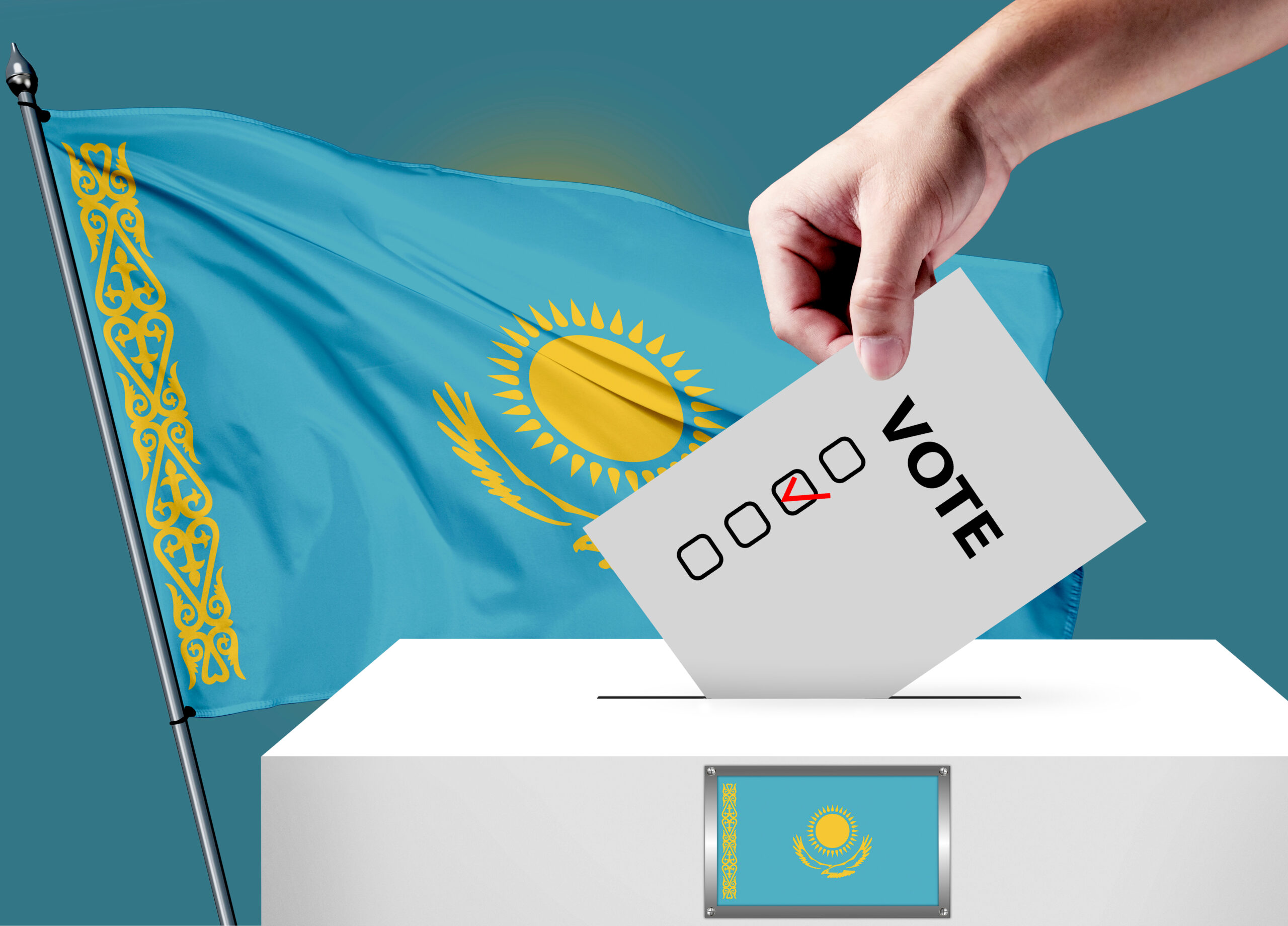ASTANA — In a groundbreaking move, Kazakhstan is set to hold its first-ever elections for akims (mayors) in various districts and cities of regional significance on Nov. 5, the Central Election Commission (CEC) Deputy Chair Konstantin Petrov announced during an Oct. 6 online meeting, according to the CEC press service.

Photo credit: Shutterstock.
A total of 249 candidates will compete for 45 akim positions, with more than half being self-nominated. The elections mark a significant step toward decentralizing governance and allowing the people to have a direct say in their local leadership.
Diverse Pool of Candidates
According to Petrov, the competition for these local leadership positions is intense. On average, there are 5.53 applicants vying for each akim position. Some areas experience particularly high competition, with nine candidates contending for a single slot, while others see as few as three candidates.
Notably, nearly 64% of the candidates are self-nominated, reflecting a desire for grassroots representation in local governance. The candidates span a diverse age range, averaging 47 years old. A significant majority, nearly 70%, fall between the ages of 35 and 50. The oldest candidate, at 62 years, is running for akim in the Kyzylkoga district of the Atyrau Region, while the youngest candidate, a 27-year-old, is competing in the Taskala district of the West Kazakhstan Region.
Of the 249 candidates, 236 are men, while 13 are women. Most of the applicants, approximately 63%, are currently employed in various civil service roles, and around 15% come from commercial organizations. Additionally, roughly 10% of the candidates are employed in budgetary organizations, but they are not classified as civil servants. A small percentage, about 7%, are temporarily without employment.
In terms of educational backgrounds, over 21% of candidates have a background in economics, close to 20% are trained lawyers, 15% are educators, 13.6% are engineers, and every tenth candidate boasts an education in agriculture.
Nomination and Election Process
Any Kazakh citizen over the age of 25 who meets the qualifications required for specific political government positions can run for akim. Candidates can secure nominations in three ways: through a political party’s endorsement, by self-nomination (provided they obtain support from at least 1% of eligible voters in their constituency), or, in the event no candidates are nominated or only one emerges by the deadline, the region’s governor can nominate either one or two candidates as needed.
If no more than two candidates have been nominated by the end of the nomination period, the regional election commission is empowered to extend the candidate nomination period by up to three days.
Observer Participation
To enhance transparency and credibility, last year’s legislative amendments allowed citizens from political parties, accredited public associations, and commercial organizations to serve as observers during the elections. Public associations with the appropriate accreditation, as listed on the CEC’s website, are eligible to send their representatives to polling stations.
Scope of the Elections
The akim elections will take place in three cities—Kurchatov, Priozersk, and Rudny—as well as 42 districts spanning 17 regions of Kazakhstan. Elected akims will serve four-year terms, representing a new era of decentralized and democratic governance at the local level.
The move to hold direct elections for akims follows President Kassym-Jomart Tokayev’s announcement during a Sept. 1 state-of-the-nation address. The decision to empower citizens to choose their district and city akims marks a significant step towards a more participatory and representative form of governance in the country.

